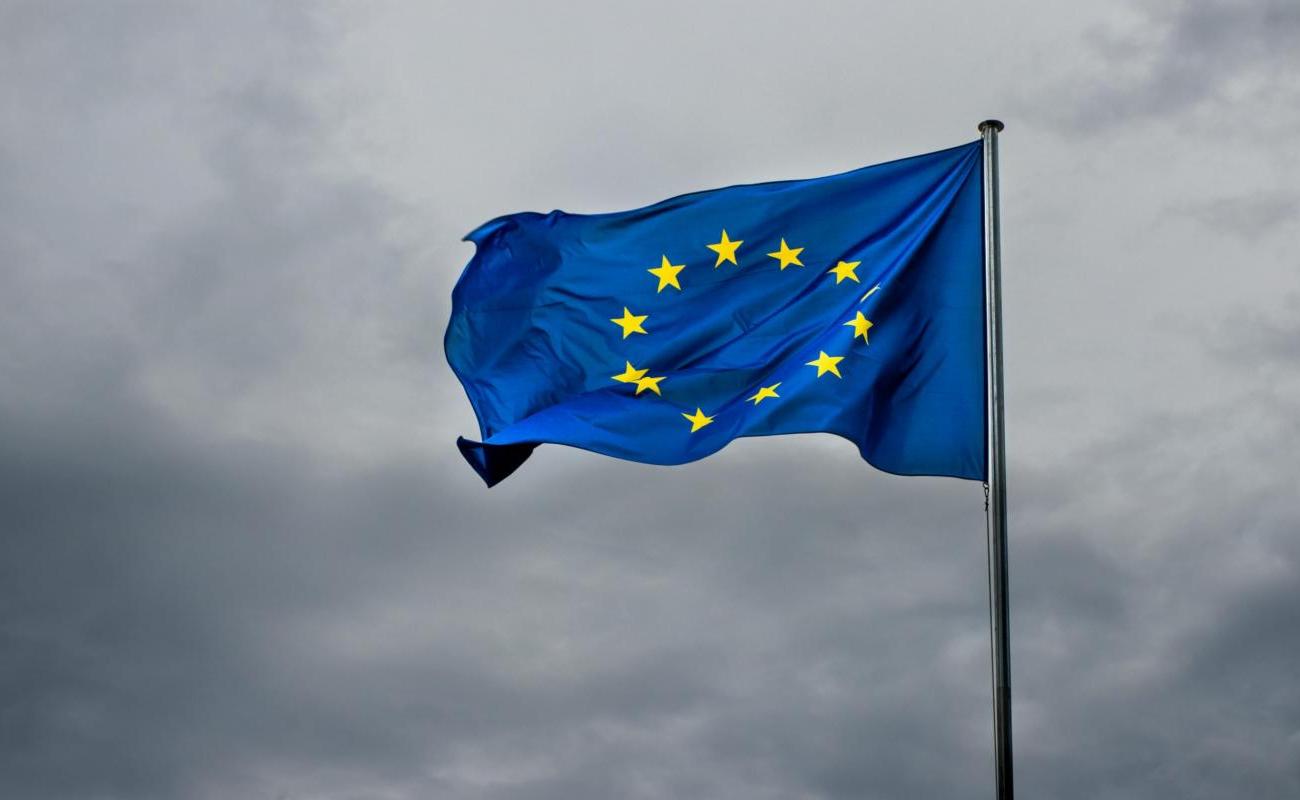Transnational cooperation in focus, which brings IPA ADRION, Interreg Euro-MED and the Danube program

Transnational cooperation in focus brought by IPA ADRION, Interreg Euro-MED and the Danube Programme
Transnational Interreg programmes are becoming an increasingly important instrument for addressing development challenges that require regional cooperation between several countries. They enable cooperation between regions and institutions from several countries on joint projects aimed at sustainable development, environmental protection, transport connectivity, innovation and strengthening institutional capacities. In the current programming period 2021–2027, Croatia is included in several key transnational programmes: Interreg IPA ADRION, Interreg Euro-MED and the Danube Programme. Interreg IPA ADRION covers the countries of the Adriatic-Ionian region, including Croatia, Italy, Greece, Slovenia, Albania, Bosnia and Herzegovina, Montenegro, Serbia and North Macedonia. The aim of the programme is to strengthen the integration and harmonised development of the entire region, with a particular emphasis on the blue economy, the protection of natural and cultural heritage and transport connectivity. In the previous period, projects such as the development of common tourist routes, the improvement of transport corridors and the digital transformation of public services were financed.
Interreg Euro-MED focuses on Mediterranean countries and their common challenges, such as climate change, water resources management, green innovation and sustainable tourism. The programme emphasizes cooperation between scientific and research institutions, local and regional authorities and civil society organisations. Croatian partners often participate in projects to protect the coastal zone, strengthen resilience to natural disasters and develop green technologies.
The Danube programme covers the territory of 14 countries, including Croatia, Germany, Austria, Hungary, Romania, Bulgaria, Serbia and others. The programme focuses on economic and social cohesion through integrated natural resource management, support for innovation and strengthening the capacity of public institutions. Projects include cross-border education initiatives, digitalisation of public administration, biodiversity conservation and improved transport connectivity in the Danube basin.
2 / 2
Using these programmes allows Croatian beneficiaries to access additional sources of funding beyond national calls, strengthen international partnerships and exchange knowledge and good practices. Successful participation requires a strategic approach, quality preparation of project proposals and a clear understanding of the specific objectives of each programme. Since Interreg projects are based on partnerships, it is crucial to identify relevant partners and common priorities in a timely manner.
Conclusion
Participation in transnational programmes such as IPA ADRION, Euro-MED and the Danube Programme offers Croatian beneficiaries a unique opportunity to cooperate at the European level, strengthen their own capacities and implement development projects of strategic importance.
